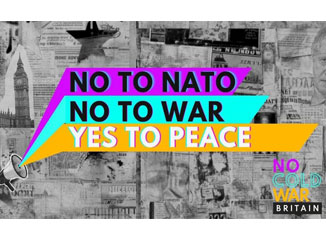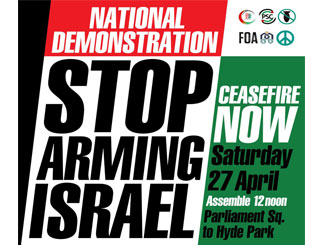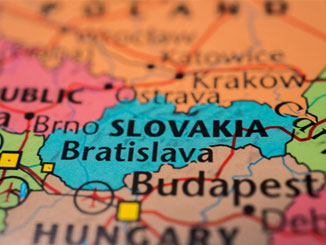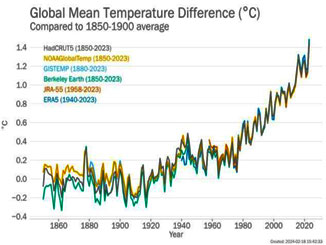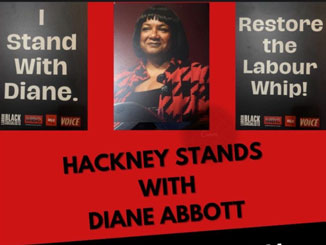
The new age of imperialism
First published: April 1991
The Gulf War, the largest military offensive waged by imperialism since Vietnam, is one of those events which is so great in its impact that it clarifies not only immediate events but the entire historical course of which it is a part. The Gulf War both confirmed the analysis of world politics presented by Socialist Action in the last years – the new phase of imperialism, the new era of North-South wars, and the emboldening of imperialism due to the events in Eastern Europe – and at the same time, as with every major event, has deepened and extended that analysis. Socialist Action was able to play a role in the fight against the war out of all proportion to its circulation because it was prepared for it, and the course of world politics of which it is a part.



